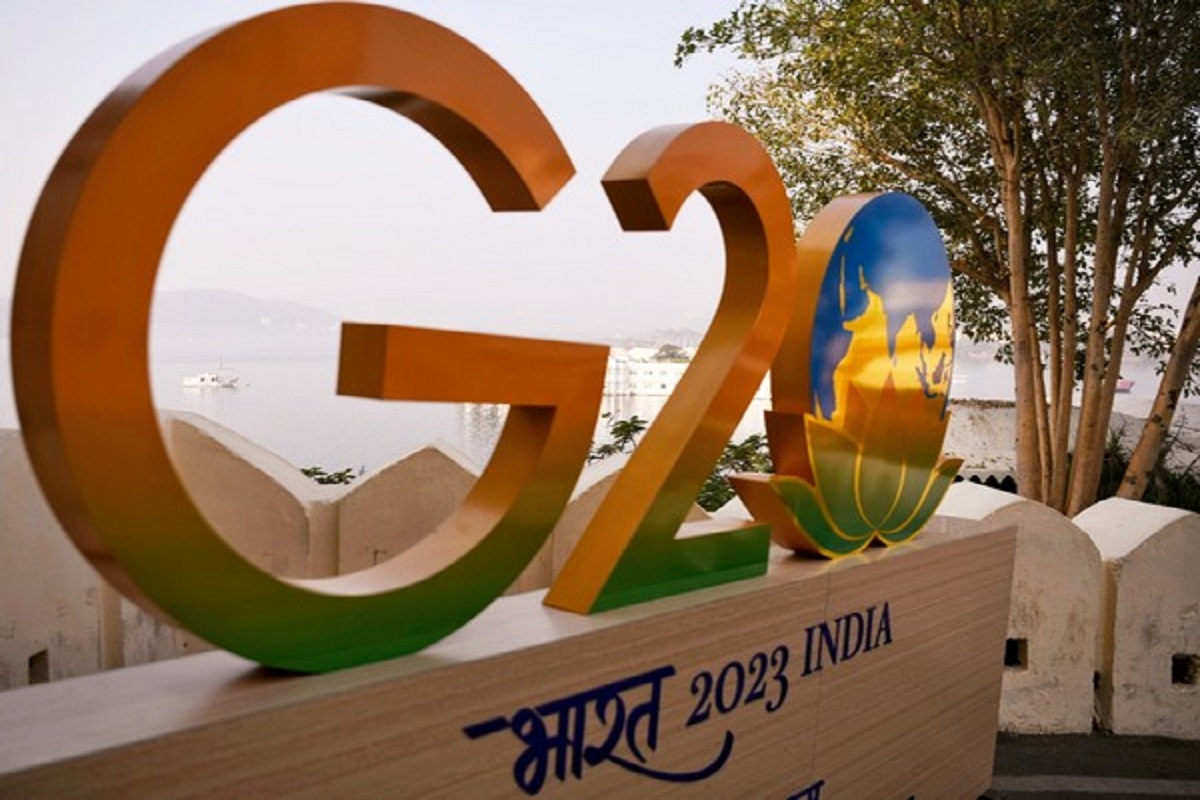Iran rejects Macron’s accusation of involvement in Ukraine conflict
Iran has rejected French President Emmanuel Macron's remarks that Russia has used Iranian military equipment against Ukraine.

Representaional Image/ANI
Among other things, the Delhi Declaration will be most remembered for its commitment to go green.
And, the G20 countries have promised to “urgently accelerate” efforts to address environmental crises and challenges, such as climate change, and also acknowledge that the problem is real and happening now.
Advertisement
To do this, “strengthening the full and effective implementation of the Paris Agreement and its temperature goal will be used.
Advertisement
The main message of the declaration is that the signatories have made a firm commitment to achieving net-zero emissions by the year 2050. “We reaffirm our commitment to achieving global net zero emissions/carbon neutrality by or around the middle of the century, while taking into account the most recent scientific advancements and in accordance with various national circumstances, taking into account different approaches including circular carbon economy, socio-economic, technological, and market developments, and promoting the most effective solutions.”
Regarding climate fund, the Indian presidency has sought to build pathways instead of just leaving the battle as one between the developed and developing world by recognising the role of public finance, private finance, and additional lending capabilities of MDBs.
A breakthrough on the Ukraine issue — which was titled, “For the planet, peace and prosperity”—was the only thing that made a Delhi Declaration conceivable. This is a perfect example of balance, but even while it is simple to interpret it as being somewhat soft on Moscow.
However, the Delhi Declaration acknowledges the negative effects of wars and conflicts. This fact was included in the Bali Declaration but is skipped in the Delhi Declaration, maybe to obtain Moscow’s support for the wording. It then refers to each member confirming their national positions and UN resolutions on the conflict, which had overwhelmingly criticized Russia. Following that, the declaration makes another more general statement than in the past, stating that all governments “must refrain from the threat or use of force to seek territorial acquisition against the territorial integrity, sovereignty, or political independence of any state” while upholding the UN charter.
Advertisement